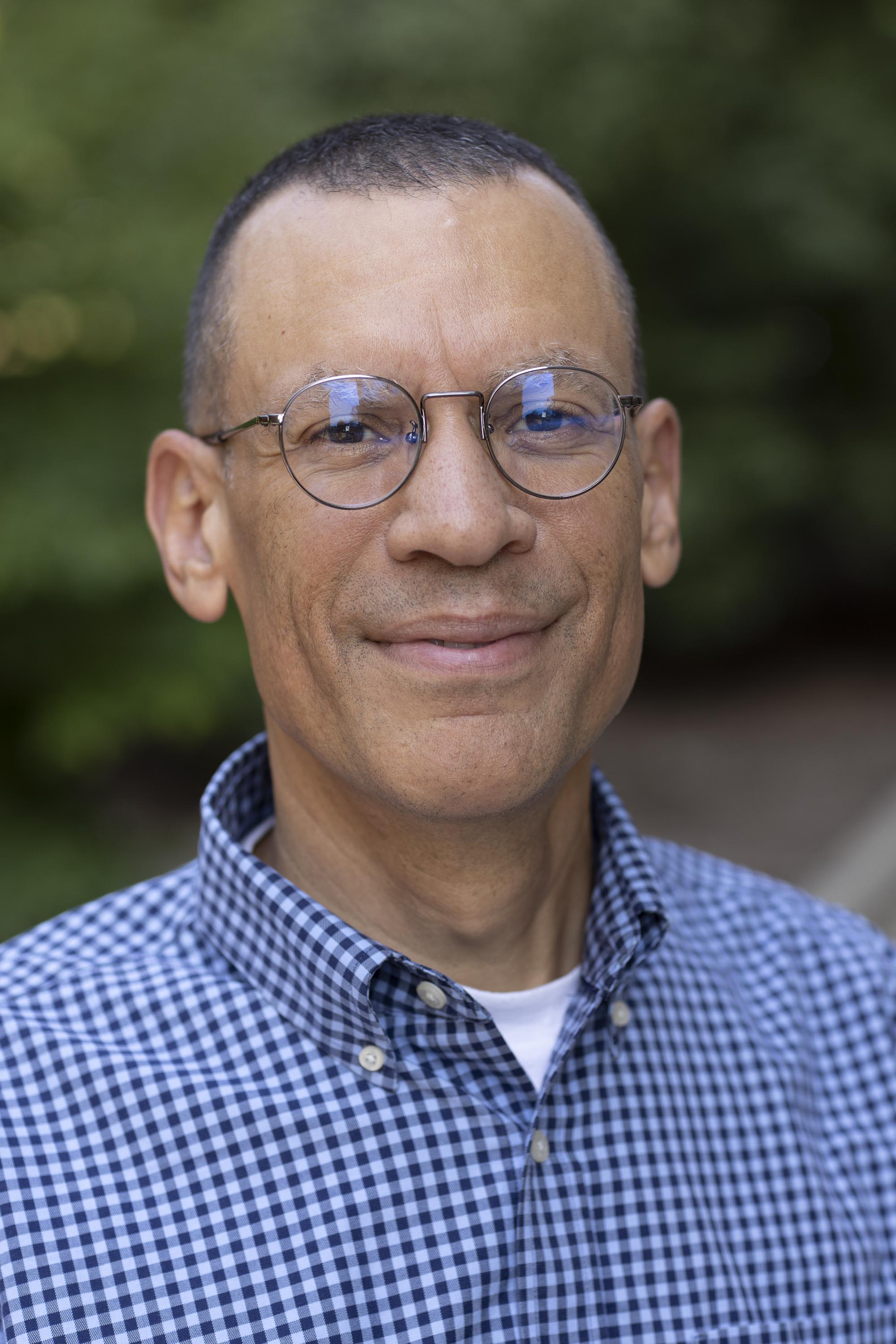Ahmed White
James E. Jones Jr. Chair, Professor of Law
Pronouns: he, him, his
Contact
ahmed.white@wisc.edu
+16082653626
Room 8101, Law School
Websites:
Scholarship
About
Education
J.D., Yale Law School, 1994
B.A., political science, summa cum laude and marshal of the spring graduation, Southern University and A&M, 1991.
Biography
Ahmed White is the James E. Jones Jr. Professor of Law. He is a graduate of Southern University, where he completed his undergraduate studies, and Yale Law School, where he was an essays editor on the law journal and, after graduation, spent two years as a researcher with the Program in Civil Liability. After leaving Yale, White worked two years with the Louisiana Senate before beginning his teaching career as a visiting assistant professor at Northwestern University in 1999. The following year, he began teaching at the University of Colorado School of Law where he was the Nicholas Rosenbaum Professor of Law. Early in his career, White's research was mainly concerned with rule of law norms and the rule of law concept in capitalist society, with critical legal studies, and with the role of criminal law and punishment as mechanisms of social control of the working class. However, for most of his career, White's scholarship has focused on the history of law and labor relations from the early Twentieth Century through the New Deal period and on the viability of a functional system of labor rights in liberal society. He is one of the country's leading experts on the history of labor repression, which is a major subject of his two acclaimed books, "The Last Great Strike: Little Steel, the CIO, and the Struggle for Labor Rights in New Deal America" (Oakland: University of California, 2016) and "Under the Iron Heel: The Wobblies and the Capitalist War on Radical Workers" (Oakland, University of California, 2022). White is currently working on two new book projects, one about radical farmers in the 1930s and the other about coal mining and labor struggles in the 1920s and early 1930s. He teaches courses on employment and labor law.
Scholarship
Scholarship & Publications
Law Repository
Research Interests
- Labor and Employment Law; Labor History; Labor Repression; Social Control and Criminal Justice
Activities
- Ahmed White presented "Into a Darker Night: Industrial Sedition, the Miners' Freedom, and the Tragic Origins of the Modern Labor Movement" at the Washington University School of Law Colloquium Series on Sept. 24, 2025.
Ahmed White presented "Sedition and the Hand of Fraternity: Industrial Workers, Radical Unions, and the Long Shadows of a Forgotten Red Scare" at the Walter Reuther Archives of Labor & Urban Affairs on April 15, 2025.
